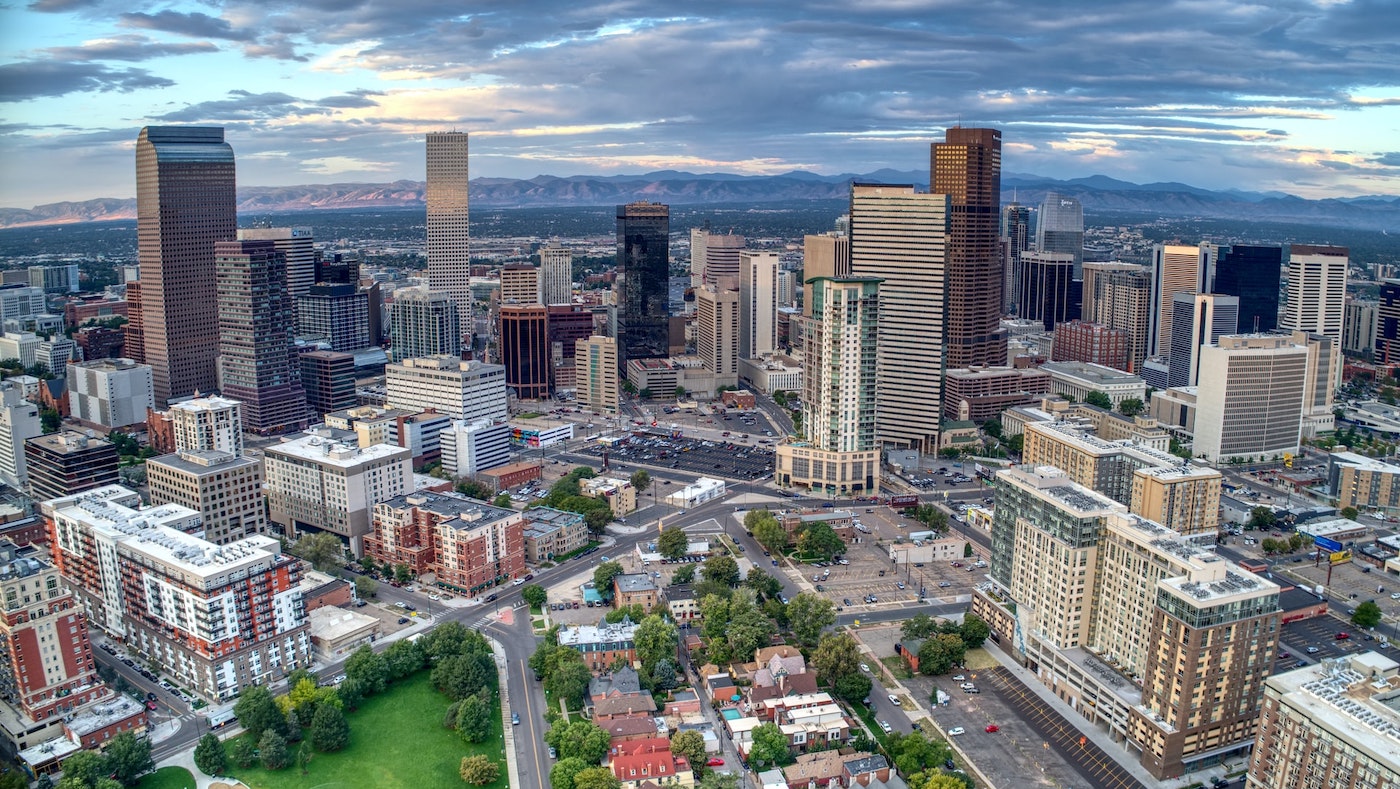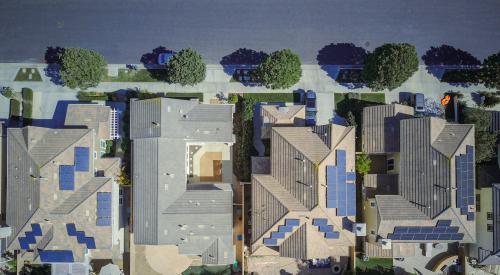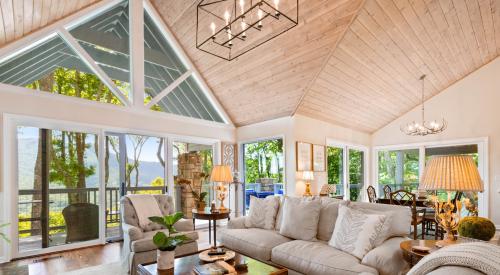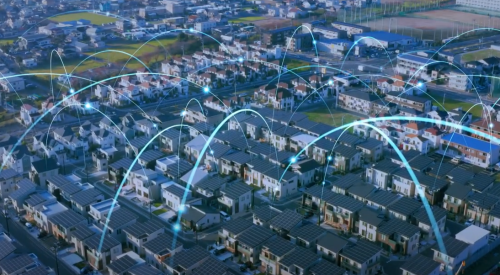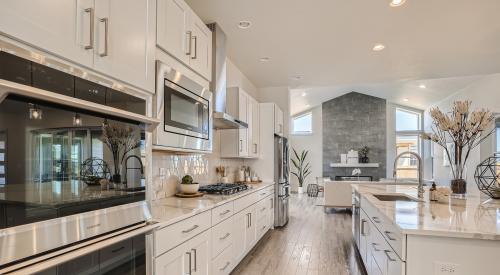In Denver, homes and buildings produced almost two-thirds of the city’s greenhouse gas emissions in 2019. And in 30 years’ time, about 40 percent of the city’s buildings will have been built after 2020—that’s a lot more new structures potentially putting out a lot more emissions.
Denver wants to thwart that environmental threat. The city’s Climate Action Task Force last year recommended that all new buildings achieve net zero energy by 2030. Earlier this year, Denver presented a plan to help achieve that goal.
To determine how exactly to get new construction to net zero, Denver’s Office of Climate Action, Sustainability, and Resiliency (CASR) collaborated with the New Buildings Institute as well as experts in residential and commercial construction. The result of their efforts is the Net Zero Energy (NZE) New Buildings and Home Implementation Plan.
The NZE plan treats net zero as a citywide objective, rather than an aim for each and every structure. “We’re trying to achieve net zero as a community, which means every building and home might not be exactly net zero,” says Amber Wood, energy program administrator, CASR.
‘Net zero is most successful if it’s part of a project from the start versus an add-on.’ —Amber Wood, energy program administrator, Denver’s Office of Climate Action, Sustainability, and Resiliency
The plan rests on four main pillars: It wants new homes and buildings to be highly energy efficient, all-electric, powered by renewables, and providers of grid flexibility.
For energy efficiency, the plan recommends meeting residential targets of an Energy Rating Index (ERI) score of 50 by 2021 and 45 by 2024 (a 0 score is net zero).
For the all-electric pillar, the plan focuses mostly on heating and water heating, since they produce almost all the emissions from homes and buildings, according to Wood. It recommends all-electric equipment in new homes by 2024.
Renewables in Denver’s plan primarily means on-site solar panels, with 75 percent minimum renewable offset achieved in new homes by 2024 and 100 percent by 2027.
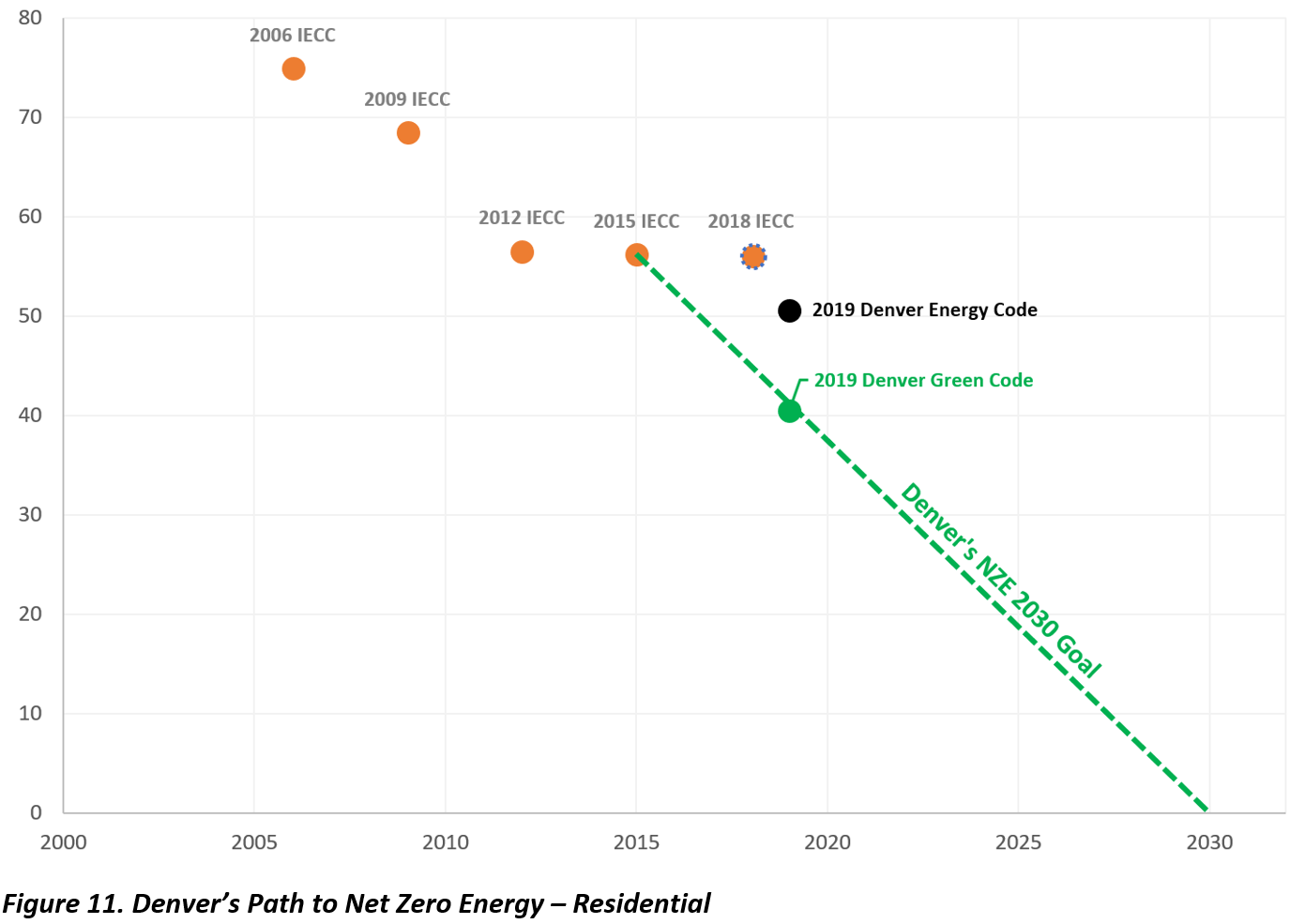
And grid flexibility would involve demand response equipment—so, for instance, the energy utility could change a home’s temperature during periods of peak demand (though a homeowner would have to opt into the program and could always override it).
While crafting the NZE plan, the input from developers and builders proved critical, Wood says. They helped CASR figure out what was immediately doable. “We made sure we got feedback on whether the technology is available today. We wanted to make sure the plan’s requirements could be met with today’s equipment,” she says.
To achieve the plan’s goals, builders might take either a prescriptive path, where they use certain materials like insulation, or a performance path, where they use an energy rater to show their homes hit the targets.
“We wanted to ensure there’s flexibility for builders and developers so we’re not just forcing one option, but instead they can pick and choose and still meet the performance goals and ultimately our climate goals,” Wood says.
For now, though, it’s all still a plan. To become reality, its recommendations will have to be incorporated into the building code. The city’s intention, Wood says, is to propose code amendments that will be reviewed and approved at each of the next four code cycles, starting this year and then again every three years until 2030.
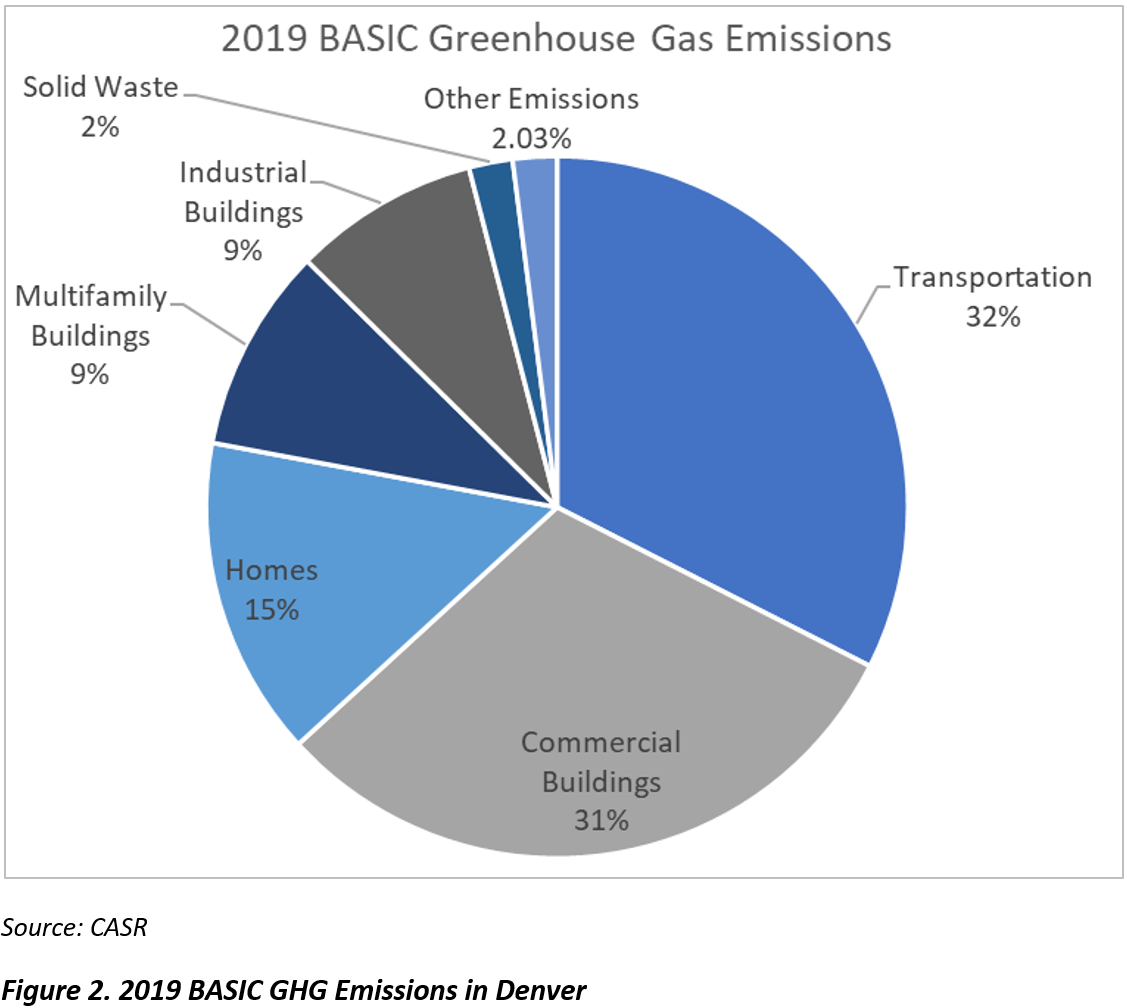
In the meantime, CASR knows it has to answer the number-one question that developers and builders keep asking: How much is all this going to cost? Meeting that concern, Wood says, is “the biggest challenge” the NZE plan faces.
To address it, CASR points to cost studies showing, for instance, that all-electric heating costs less to install than gas. CASR also communicates to developers and builders the incentives already available from the utility provider. And Wood says the city is considering additional monetary incentives, such as reductions in permitting fees, particularly in the neighborhoods that most need them.
Denver will have to keep communicating the benefits of net zero, Wood says, so that developers and builders bake it into their plans. “Net zero is most successful if it’s part of a project from the start versus an add-on.”
And there’s another frequently asked question, Wood says: Why place all the burden for net zero on new construction? She says the city is working on recommendations to get existing buildings to net zero by 2040.


